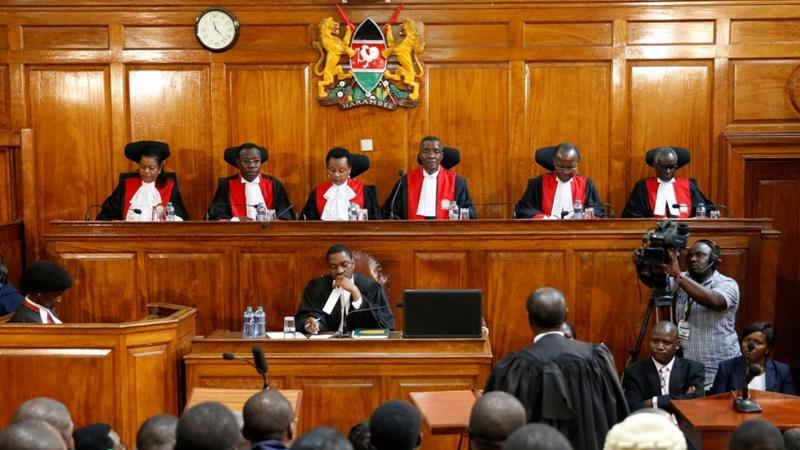The Supreme Court of Kenya has been dealt a blow after the High Court barred Justice Philomena Mwilu from serving as Deputy Chief Justice and a member of the Judicial Service Commission.
The Kenyan Supreme Court is comprised of seven judges, with five required to make up a quorum.
According to the Constitution, the Supreme Court is not legally constituted if it does not have a quorum of five.
For the past few months, the court had been operating with six judges following the retirement of Justice Jackton Ojwang.

Read More
Early this year, the number of judges in the court reduced to five after Chief Justice David Maraga retired.
The High Court ruling barring Mwilu from serving as DCJ, therefore means that if the latter does not successfully challenge the ruling, the court will only have four judges who cannot constitute a bench.
The lack of quorum means that the court will not be able to hear any cases until Mwilu either successfully appeals, or is cleared of the claims.
The ruling comes at a time when the Supreme Court was scheduled to issue an advisory opinion on petitions filed on the legality of the Building Bridges Initiative.





-1679468856.jpeg)



-1713447672.jpg)

